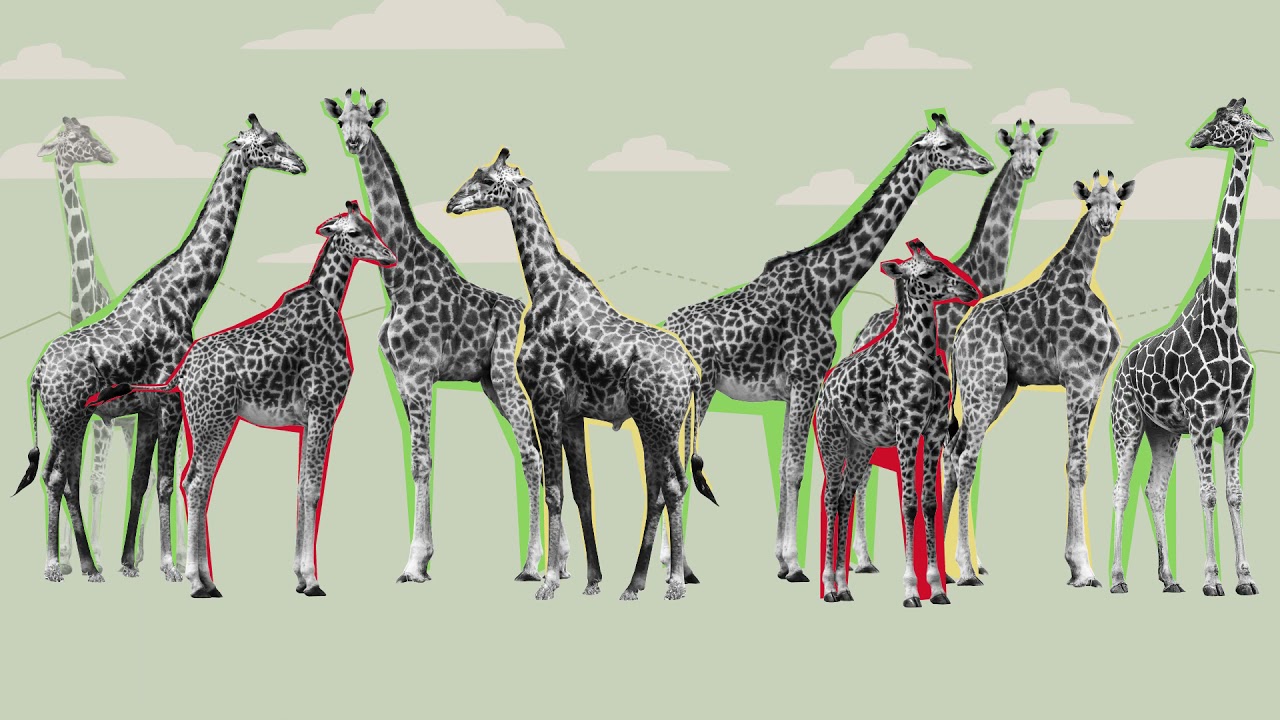James, Stella, Trevor and I invite you to take up our two provocation questions from our panel presentation “Futures of Interdisciplinary OER”, scheduled for 2023-10-18T17:00:00Z. Curious to hear your thoughts…
Question 1: How do we need to think differently about education and the resources that educators use?
Question 2: How can we expand OER into spaces that are new yet needed?
Our interdisciplinary animation - the main OER created for this project:
Panel Summary:
Educating for the future requires a reframing to acknowledge and proceed with building a sustainable world through open education. In this panel discussion, professors from Athabasca University who co-created the Form and Function animation and computational thinking OER resources will come again to reflect and further probe about what OER co-creation facilitates. From their project experience has come the awareness of how we need to think differently about education and the resources that educators use. Open education courses are already adopted in the world through informal education processes including free online MOOCs. As education changes, quality open resources that address real world problems versus specific skill acquisition can be integrated into learning situations, including formal educational settings. In contrast to how publishers of educational resources proceed with their frequent adoption of disciplinary silos, the panel will consider the confluence of the following topics as a provocation and invitation for practitioners and educators.
What is the role of interdisciplinary and transdisciplinary (Klein, 2018) thinking and thereby OER outputs that reflect disciplinary boundary crossing and merging? How can OER and open practices support education and the UN’s sustainable development goals that push beyond linear thinking and embraces the messiness of systems thinking (Stroh, 2015)? What is the greater need – analytic education or that which marries disciplines and provides something different? Many complex learning resources are necessary and needed yet what are the benefits and challenges to interdisciplinary, transdisciplinary OER? How can OER be similar to lego and provide structure blocks that can be put together in different ways for different learners? How can interdisciplinary and transdisciplinary OER scale up? Scale out? Scale deeper?
Although there are the 5Rs (Wiley, 2014) and OER enabled-pedagogy (Wiley & Hilton, 2018), how can we expand OER into spaces that are new yet needed? How can we have OER that does more than replicate the legacy of learning resources that reinforce disciplinary silos, stifles creativity, and turns away learners who see the urgency of an educational response that is reflective of the real-world problems in which we all live. Old responses to current and new problems need something else. Interdisciplinary and transdisciplinary thinking provide approaches to OER and open pedagogy that may be part of what we need.
The panel participants represent education, architecture, mathematics and computing science. The panel has no ready solutions but values such conversations as one way of thinking together, thinking differently, thinking anew as part of how OER and sustainability may proceed together into the future.
References
Klein, J. T. (2018). Learning in transdisciplinary collaborations: A conceptual vocabulary. In Transdisciplinary theory, practice and education (pp. 11–23). Springer.
Stroh, D. P. (2015). Systems thinking for social change: A practical guide to solving complex problems, avoiding unintended consequences, and achieving lasting results. Chelsea Green.
Wiley, D. (2014, March 5). The Access Compromise and the 5th R – improving learning [Blog]. The Access Compromise and the 5th R – improving learning
Wiley, D., & Hilton, J. L. (2018). Defining OER-Enabled Pedagogy. The International Review of Research in Open and Distributed Learning, 19(4). Defining OER-Enabled Pedagogy | The International Review of Research in Open and Distributed Learning
Keywords : Interdisciplinary OER, Transdisciplinary OER, Legacy educational processes, sustainability, complex problems
Session outcomes and takeaways : Participants will leave the session experiencing the following learning outcomes:
-
Learn what is an interdisciplinary and a transdisciplinary OER
-
Question how OER may be replicating a legacy of educational resources
-
Consider how OER has a different potential than replicating a legacy of educational resources
-
Become curious how OERs have potential to catalyse legacy educational resources
-
Provide comments or questions for the panel and other audience members to consider
